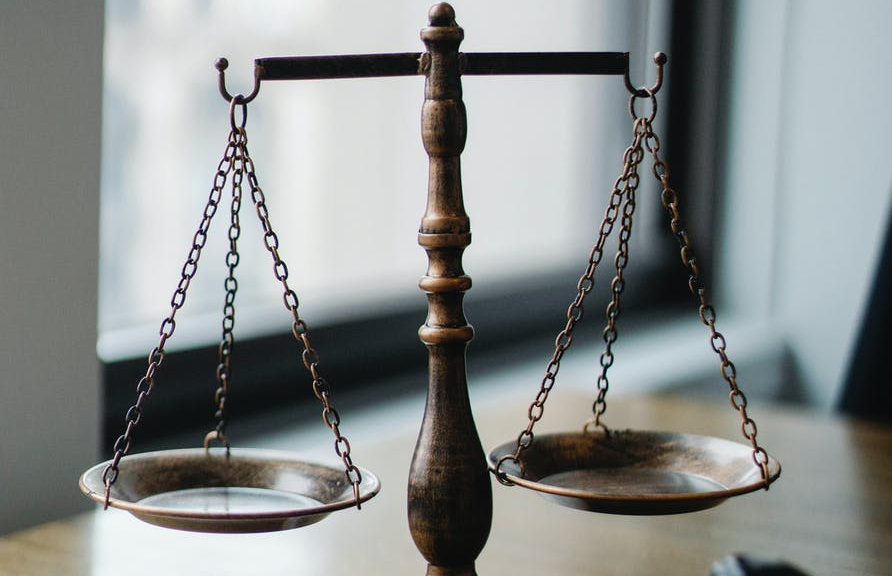Recently at work, we had a meeting derail into an impromptu discussion about the neutrality of the academic library. Although it was presented as an absolute fact and a core tenet of the profession, the discussion got a little heated. This is obviously a topic that the library world is grappling with. Having thought about the topic of neutrality a fair bit, I thought it might be worth writing down my thoughts on this important question.
A couple of caveats: I am hardly an expert on this topic. I do not have an MLIS, I transitioned to the library world from a career in academic research. Thus, I did not come to librarianship because of a moral calling so much as finding a profession that already fit with a lot of my interests. I would never claim to be a moral or ethical philosopher, but being an anthropologist gives me some insight into the cultural processes that make up a field and the history of how worldviews are shaped.
Essentially, any organization that is made up of humans cannot truly be neutral. People are basically walking balls of bias and baggage. Even when we do our very best to remain neutral, we are still products of our culture and that culture shapes us in all sorts of unconscious ways (including what the concept of neutrality means). Even those things that seem like they have no political agenda, still have repercussions. Collecting resources, buying books, negotiating with vendors or directing patrons to particular sources of information; all of these choices are made by individuals, not by a monolithic institution.
We, as librarians, choose what are preferred sources of information, we curate collections, we weed old and out-of-date materials. These are all choices informed by our biases (conscious or unconscious), our culture and our worldview. We, as individuals, cannot be truly neutral. So how can we say that our field is neutral? How can we say that the academic library is neutral? What does it even mean to be neutral in this context?
Maintaining a façade of neutrality only helps librarians feel better about what they are doing. It prevents us from critically engaging with our work by hiding the complexity behind an ethical imperative. Libraries claiming to be neutral is analogous to the courts claiming to be neutral. Yes, that is the goal, but in practice, it is not true. And there is ample evidence to show that these biases are there, they exist and they impact people. So, why make it harder to address the very real biases in our field by failing to acknowledge that there is a problem?
Pointing out that we are not neutral does not mean that I am advocating for libraries to wade into any political discussion without careful consideration. Public libraries face this problem more directly (See the controversies surrounding giving a voice to groups that actively seek to marginalize others), but we in academic libraries also face pressures to collect certain things because of perceived academic value or faculty interest. We work with certain vendors because so do the majority of our peers. Sometimes, we have certain topics endowed and flush with funding and others chronically underfunded. We may work at an institution that does not even recognize the legitimacy of some academic fields because of religious mandates (like gender or queer studies).
A counter-argument here is of course that since we are functioning within a culture, our goal should be to remain neutral within that culture’s worldview (i.e. to say “it is not the library’s mission to fix problems, we just document what is there”). But that relegates the library to such a passive role. We preserve, curate and collect because we believe it is the right thing to do. So, centering the questions of how we can do this ethically gives us a chance to work towards something in an active way.
To conclude, we are not neutral, never have been neutral and cannot ever truly be neutral. We can, however, strive to be less biased. We can set aside the perception of neutrality and still do all of the things that make our profession powerful and interesting. We can do the hard work of examining our own baggage. We can constantly ask if the choices we are making for collection development, for working with vendors, for digitization efforts are elevating all voices or are they reinforcing cultural biases. We can work towards being a place for marginalized groups to gather, we can push back against monetized and ethically-dubious vendors. But, until we acknowledge that these biases exist and neutrality is a myth, it is impossible to center this work.
